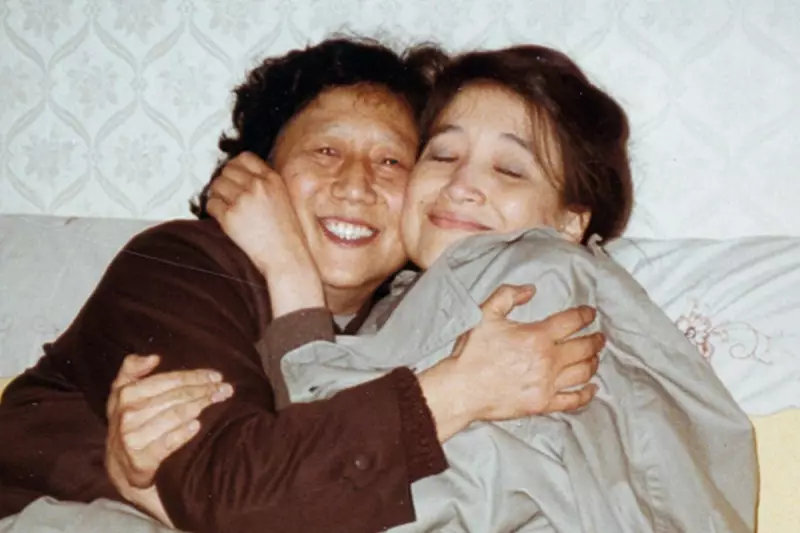
Twelve years after first captivating millions with her groundbreaking memoir, literary phenomenon Jung Chang is finally preparing to unveil the highly anticipated sequel to her international bestseller Wild Swans.
The announcement has sent ripples through the literary world, marking the culmination of over a decade of meticulous research and writing. The new volume promises to continue the extraordinary narrative of three generations of Chinese women through the most turbulent periods of modern history.
A Literary Journey Through China's Tumultuous Century
Chang's forthcoming work picks up where Wild Swans concluded, chronicling her remarkable journey from the heart of Mao's China to her new life in the West. The memoir delves deep into her experiences as a young woman navigating the complexities of cultural displacement while maintaining profound connections to her homeland.
The narrative offers unprecedented insight into both ancient and modern China, bridging the gap between the imperial era and the revolutionary upheavals that shaped the nation's destiny. Chang's unique perspective as both insider and observer provides a rare dual lens through which to understand China's dramatic transformation.
Beyond Wild Swans: Establishing Literary Authority
Since the 1991 publication of Wild Swans, which sold an astonishing 15 million copies worldwide, Chang has solidified her position as one of the most significant voices in historical biography. Her critically acclaimed works Mao: The Unknown Story (co-authored with her husband Jon Halliday) and Empress Dowager Cixi: The Concubine Who Launched Modern China have established her as a formidable historian with unparalleled access to China's complex past.
Her upcoming memoir represents a return to personal narrative, combining the historical rigor of her biographical works with the intimate storytelling that made Wild Swans a global phenomenon.
Anticipation Builds for September Release
Publisher Jonathan Cape has confirmed the memoir's release for September 19th, with expectations running high within the publishing industry. Early indications suggest this may be one of the most significant literary events of the year, appealing to both existing fans of her work and new readers interested in Chinese history and personal narratives of resilience.
The book promises to explore themes of identity, belonging, and the enduring power of family bonds across geographical and cultural divides. It stands as a testament to Chang's extraordinary life journey and her unwavering commitment to documenting China's complex historical narrative.





